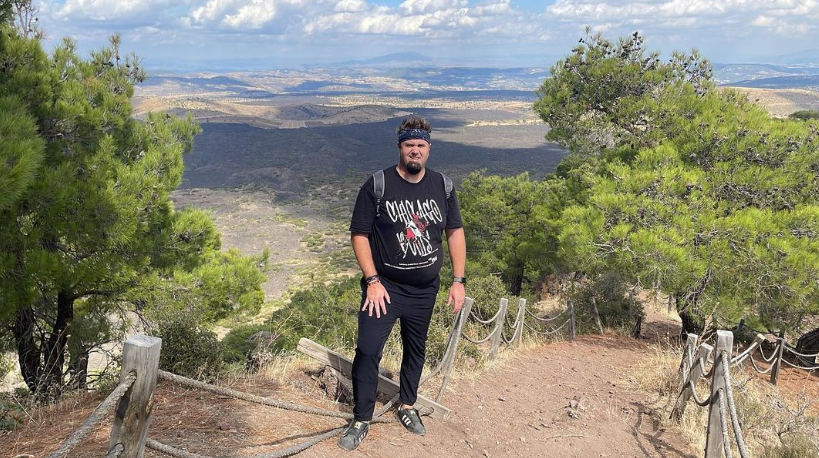Buying Policies
Michael van der Galien, Editor-in-Chief
PoliGazette takes a closer look into the financial records of US Senator Menendez (D NJ). His vote can and has been bought.
One of the main things Americans frequently complain about is the influence of special interest groups over politicians and, thus, over how the United States is ran. Too many laws, these Americans say, are designed not with the best interest of the American people in mind, but with the interest of said groups in mind. This is, Americans rightfully complain, now how the US government was meant to function.
In recent months and years some Democratic politicians have constantly functioned as mouthpieces for one of those special interest groups; Armenian American nationalists. For some, for most Americans, unknown reason, these Democratic Senators and Representatives bring the events of 1915 which they call the Armenian Genocide up whenever they can. This obsession with something that happened almost 100 years ago resulted in an international controversy when one of the first acts of the Democratically controlled US Congress after the elections of 2006 was to adopt a resolution that labels said events officially as ʽgenocide.ʼ
Turkey denies that what happened constitutes genocide and argues, instead, that historians, not politicians, should cast judgment on this affair. In response to the resolution Turkey threatened to withdraw its support for the War in Iraq and, more importantly, would no longer allow the US to use Turkey (to move troops, material, etc.) in order to fight and thus win in that Middle Eastern country.
Americans wondered what happened to their government; why was the war put at risk? Why were American lives put at risk? Why this sudden obsession with something that has no relation whatsoever with America?
PoliGazette has the answers to those questions. As usual it is about one thing only: money.
One of the most fervent supporters of the Armenian cause in the United States is Senator Robert Menendez. He is one of the Senators who blocked George W. Bushʼs nomination for ambassador to Armenia; when Bush wanted to send that person, Menendez blocked the nomination because the nominee refused to call what happened to the Armenian as ʽgenocide.ʼ Later Bush nominated another diplomat, and once again Menendez objected, etc. In the end, though, Marie Yovanovitch was finally confirmed.
And once again Americans wondered what the hell just happened. Why was Menendez so passionate about this subject? Why is history politicized?
As said, it is about one thing, and one thing only; money. PoliGazetteʼs Kemal (who did most of the work) and me, Michael, took a closer look at the financial records of Senator Menendez and found that he has been paid and bought by Armenian activists. All in all, this Senator received some $136,000 from Armenian action committees and individuals; quite a gigantic sum.
Below follows the complete record of Armenian donations to Senator Menendez. Iʼll summarize the findings here, for details, scroll down to the records.
One of the first things one notices about the Armenians who donated to Senator Menendez is that many of the Armenian donaters do not live in New Jersey. This means that he is not representing them, since American Senators represent a specific part of the population who are able to vote him or her in and out of office. In other words, a sizable part of Menendezʼs donaters are not his constituents.
Since he does not represent them nor their regional interests, common sense dictates that he works for them in other areas. This is, obviously, the Armenian Genocide issue. Menendez has become one of the most vocal US Senators on this subject.
Another interesting aspect of Menendezʼs financial records is that he receives a lot of money from Armenian organizations, or PACS. These PACS are special interest groups, who often only deal with one subject. The Armenian PACS that donate to Menendez are the Armenian American PAC and the Armenian Americans Legislative Issues Committee. Together these PACS have donated $25,746 to Menendez.
Menendezʼs own financial records taken from the Federal Election Commissionʼs website show that this one, individual Senator alone has received $136,481 from Armenian organizations and individuals, many of whom not constituents of this Democratic Senator for New Jersey. This amount, a significant amount, has caused Menendez to focus a lot of time and attention to the Armenian ʽGenocideʼ issue and has, directly, resulted in international controversies and worsening relations with Americaʼs allies.
Here follow the details. Names of individuals are published because those records are available and open to the public already at other places.

